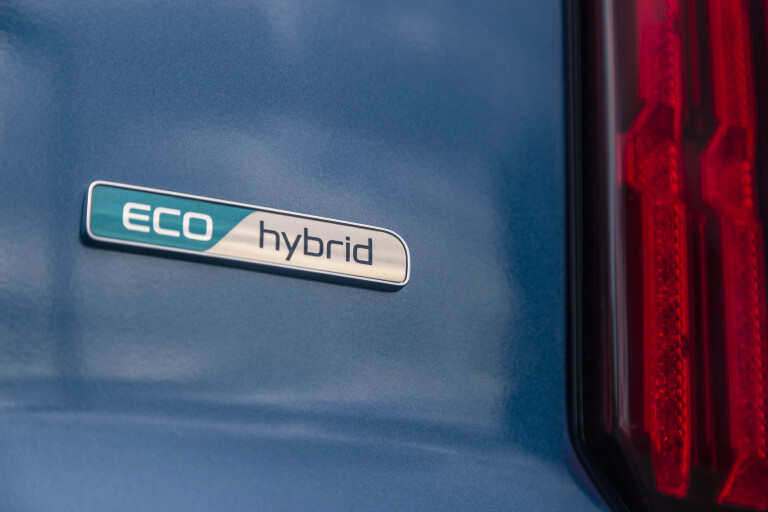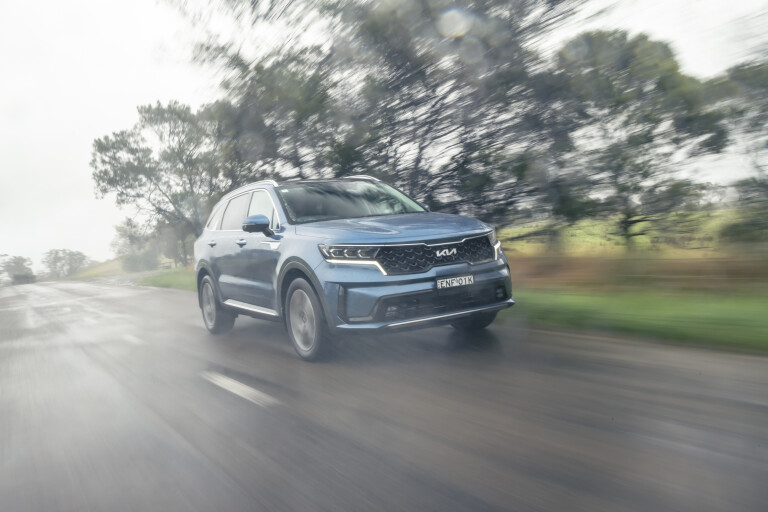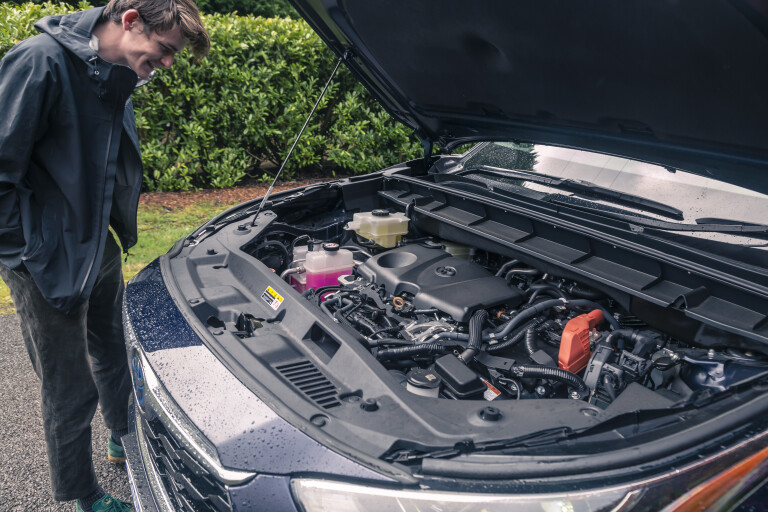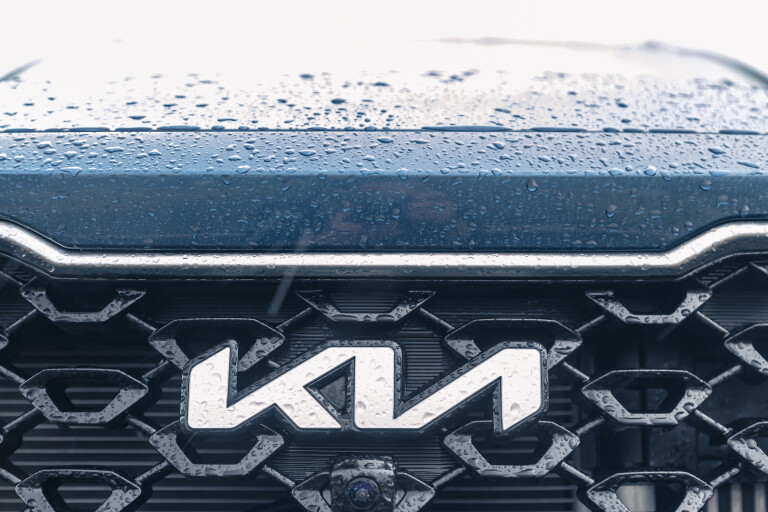
Kia Australia's general manager of product planning, Roland Rivero called the firm's effort to build Sorento hybrids for Australia “tokenism at best” at this week's Kia Seltos small SUV release.
As it stands, Kia Australia is able to secure 20 Sorento hybrids each month, making an annual number around 240, or less than four per cent of total Sorento sales.
And it isn’t as though the Sorento HEV has experienced a lukewarm reception since launching in April 2022, with the brand quoting 12 month waits for the electrified three-row SUV.

It may be expensive historically, but starting from $66,750 before on-road costs, the Sorento GT-Line hybrid FWD is competitive against the Toyota Kluger Grande hybrid AWD ($75,700) and Hyundai Santa Fe Highlander hybrid ($69,550).
Rivero floated the notion that, due to its popularity, Kia's head office may need to tell dealers to close order books momentarily to address the delays.
“It's actually becoming a problem, to be honest with you,” Rivero said.
“The backorders are growing on the Sorento hybrid range, and the bigger the back orders get, the more we have to start even considering telling dealers ‘you might have to stop’ a little’.”

The other issue being, with Kia’s six-year product cycles, a Sorento facelift is likely only 18-24 months' away from being unveiled, making projected 12 month wait times for the current vehicle – that are only growing – an issue for buyers with a refresh on the way.
Why can’t Kia get Sorento hybrids?
As for why, Roland noted that “Australia is only a small part of the greater globe, and we don’t have any CO2 regulations. The Sorento hybrid range only comes out of Korea to supply the world, and some countries have very stringent CO2 regulations.”
At the launch of Hyundai's Santa Fe hybrid rival, Kia’s sister brand claimed it had 400 examples of its hybrid three-row SUV in Australia, far exceeding stock of the Sorento HEV.

With the Federal Government currently considering future fuels regulation though, hybrid supply (and EV supply, for that matter) could improve with emissions mandates.
“What happens with [a CO2 mandate] is that we get more time out of headquarters so that we can study our case in stronger terms if we've got the legislation backing us up. I think that's fair”, said Kia COO Damien Meredith.
“Western Europe and North America have been [dealing with emissions targets] for a long time, so when it comes to [Australia], when we get that sort of homogenous legislation, well, we'll be having a good crack to increase our volumes and increase what's available.”



COMMENTS